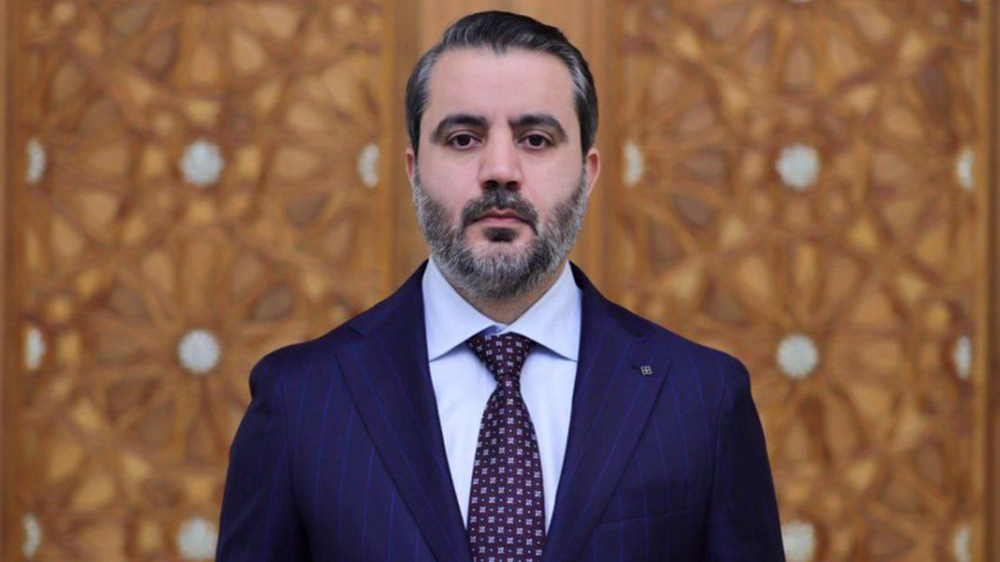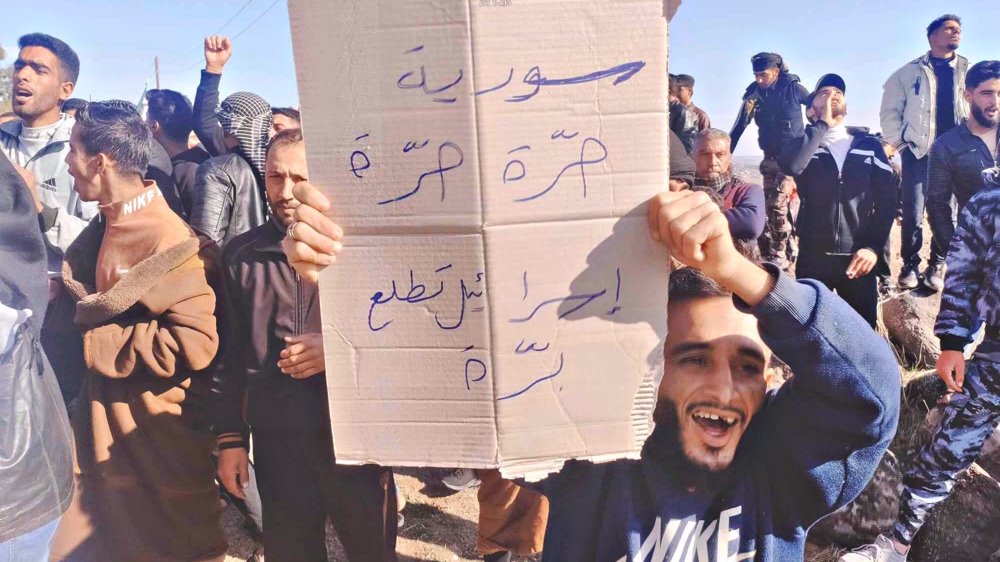Qatar will continue supporting Syria militants even if Trump pulls US out
Qatar says it will continue to supply militant groups in Syria with arms even if US President-elect Donald Trump halts US support.
Qatari Foreign Minister Mohammed bin Abdulrahman bin Jassim Al-Thani (seen below) made the remarks on Saturday in relation to Trump's recent remarks signaling that he is opposed to US support for anti-Syrian government militant groups.

Trump has also suggested that he might even side with Russia in their fight against Daesh in Syria. In a last month interview, Syrian President Bashar al-Assad noted that Trump may be a “natural ally" if he decides to "fight the terrorists."
During a March interview, Trump said that the US "approach of fighting Assad and Daesh simultaneously was madness, and idiocy. You can't be fighting two people that are fighting each other, and fighting them together. You have to pick one or the other."
Thani stressed that Qatar still wants US support as they have always been allies. "But if they want to change their minds, are we going to change our position? For us, in Qatar at least, we are not going to change our position. Our position is based on principles, values and on our assessment of the situation there," he said.
He noted that Qatar would not be supplying the militants with shoulder-fired missiles for the time being and that if Syrian forces retake the divided city of Aleppo, the militants will always have the “ability to capture it back.”
Aleppo, Syria’s second largest city, remains divided between government forces in the west and foreign-backed terrorists in the east, making it a frontline battleground.
On September 22, Syria announced the start of a new military operation in Aleppo aimed at driving out the terrorists occupying the eastern part of the strategic city

Syria has been dealing with a foreign-backed militancy since March 2011. The so-called Syrian Observatory for Human Rights and United Nations Special Envoy for Syria Staffan de Mistura have put the death toll from the conflict at more than 300,000 and 400,000, respectively. This is while the UN has stopped its official casualty count in the Arab country, citing its inability to verify the figures it receives from various sources.
VIDEO | Carol Singers for Palestine on London’s Parliament Square
American warplane downed after Yemeni attacks 'baffled' US air defense: Ansarullah
VIDEO | Yemenis praise the military for its successful operations against Israel
VIDEO | Israel continues to bomb Gaza homes
VIDEO | An insider's view of the country: Meybod City in Yazd
‘All wars have rules. All of those rules have been broken’ by Israel
VIDEO | Report flags India’s violation of rights of Rohingya detainees
Turkey's foreign minister meets Syria's de facto leader in Damascus













 This makes it easy to access the Press TV website
This makes it easy to access the Press TV website